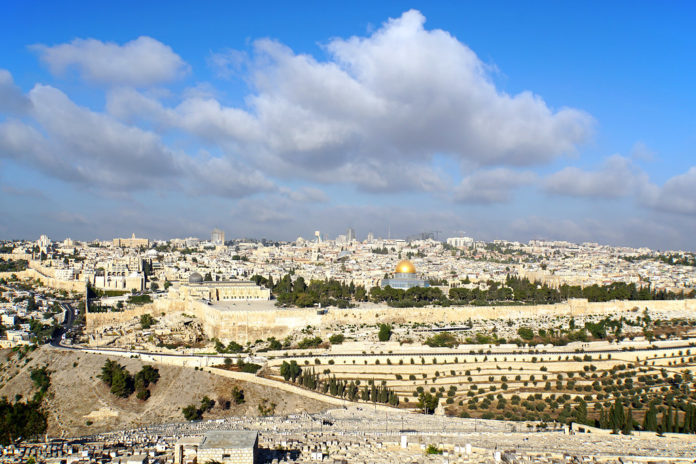
Rabbi Raymond Apple was for many years Australia’s highest profile rabbi and the leading spokesman on Jewish religious issues. After serving congregations in London, Rabbi Apple was chief minister of the Great Synagogue, Sydney, for 32 years. He also held many public roles, particularly in the fields of chaplaincy, interfaith dialogue and Freemasonry, and is the recipient of several national and civic honours. Now retired, he lives in Jerusalem and blogs at http://www.oztorah.com
Ask the Rabbi
GOING TO THE THEATRE
Q. Is it true that some rabbis ban theatre-going? I can understand not attending plays with a sexual theme – but theatre in general?
A. A major concern is “bittul z’man”, wasting time. If time is available for theatre-going, the argument runs, it is better to spend it on Torah learning and doing good deeds.
Everything a person does is meant to be a Divine service (Maimonides, Hilchot De’ot 3:3). The sages say, “Let all your deeds be for the sake of Heaven” (Avot 2:17). Solomon says, “Acknowledge Him in all your ways and He shall direct your paths” (Proverbs 3:6). Everything should be judged in terms of whether it serves a spiritual and moral purpose.
A well-known Talmudic view is that the theatres and circuses of the heathens worked against Judaism by means of their frivolous or pornographic themes and the pagan and immoral practices that accompanied them. Not only stage performances were opposed but also inappropriate literature.
The Shulchan Aruch (Hilchot Shabbat 307) rules that “profane parables and fables, erotic literature and books of wars may not be read on Shabbat and indeed on weekdays too”.
This does not mean to say that all types of leisure pursuits are forbidden. Even in the worst periods of the ghetto there were dances, musical performances and plays (see Israel Abrahams, “Jewish Life in the Middle Ages”).
Jewish weddings were given a lift by entertainers and comedians. Itinerant preachers (maggidim) were storytellers who knew how to work an audience. Even serious-minded Maimonides acknowledged the value of music and art as a means of calming the soul and improving one’s mood (“Eight Chapters on Ethics”, ch. 5).
There is hardly an area of culture that has not been enriched or moulded by Jews, including religious Jews.
The crucial question is not whether theatre-going is banned in itself but whether it does anything constructive or merely allows producers, promoters and performers to pander to inappropriate criteria.
These criteria would be defined by Judaism in terms of the three cardinal sins which one must never commit whatever the circumstances – bloodshed, idolatry and immorality.
OMER WEDDINGS
Q. On what dates in the Omer do we not have weddings?
A. The customs vary between communities.
Some folklorists argue that the whole issue only arose when European culture frowned on weddings during the month of May and say that the Jews followed suit.
The traditional Jewish idea is that because Rabbi Akiva’s students perished during the Omer period, gravely affecting both the Jewish struggle against the Romans and the survival of Jewish learning and practice, we avoid weddings and other celebrations (though engagements are permitted) as a mark of mourning.
The dates during which we refrain from celebrations are differently calculated. The two main customs are:
1. From the 2nd day of Pesach until the 33rd day of the Omer (Lag Ba’Omer).
2. From Iyyar 2 until Erev Shavu’ot (except for Lag Ba’Omer).
The Anglo-Jewish custom (“Minhag Anglia”) was to avoid music and celebrations throughout Iyyar except for Lag Ba’Omer. Some rabbis (including me) allow weddings on Yom Atzma’ut.









